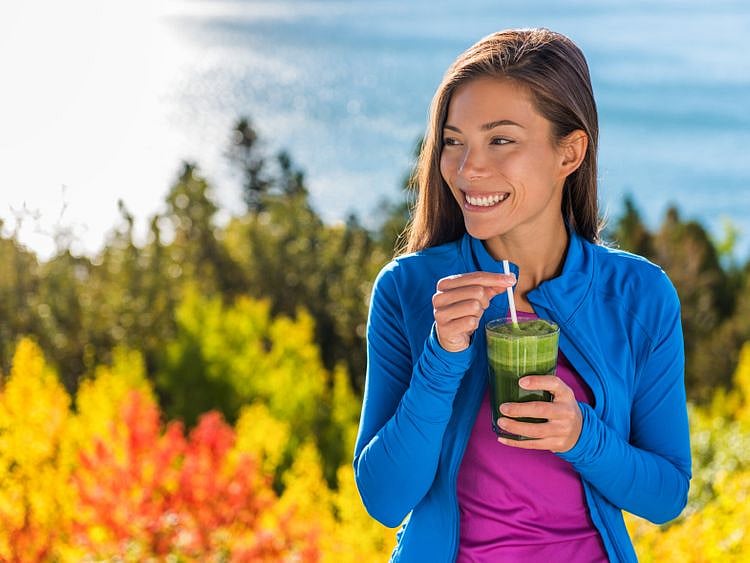Off the cuff: Coffee or kale, what does the new study say?
There are studies just about everything that affects our lives, and some are contradictory

How do you feel when you open the newspaper or your phone in the morning and read that coffee is good for you and you grin and have a second cup of the brew to celebrate — and then, a few weeks later, you read that coffee should be restricted and you should drink tea or kale juice or something like that instead?
There are never-ending studies on all kinds of food and drink, eating and drinking habits, exercise, work spaces, homes, roads, vehicles, the use of plastic, microwave ovens, reheating food … just about anything and everything that affects our daily lives.
Some of us are inveterate addicts of such surveys and studies and we pore over them and try to change the way we live in order to fall in line with what is supposedly good for us. This “reformation” in our ways often starts when we are well into or past middle age or when we retire from regular work and have more time on our hands, maybe because we suddenly become aware that the end of the road is approaching and we would like to keep on going for many years to come …
While some of us glance at these reports and pooh-pooh them as rubbish or question their authenticity, quoting the numerous fake stories that abound in this age of easy access to all kinds of information, others selectively implement the “advice” that pops up from time to time — and I have to admit that our household has a couple of such individuals.
Thus, we drink vegetable juice one day — and tuck into a pizza the next — or abstain from dairy products for weeks on end, then binge on a carton of ice cream as we watch our favourite movie on television and we studiously disregard those long hours as a couch potato and the cream and fat content of that ice cream.
Or, we are ready to experiment with herbal remedies for whatever ailment we suffer from or imagine we suffer from or anticipate that we will suffer from: and powders and juices and leaves and spices are mixed and mashed, pulverised and ground and dissolved in water or swallowed “neat” and we wait for the magical properties of all those potions to take effect.
Next, we save endless articles on this form of exercise or that. The amount of material soon goes beyond what we can even read through and as for actually practising any of the “moves”, there is little chance that we can get into the positions shown — or disentangle ourselves from there if we actually manage to bend our legs or coil our arms or elevate our torsos as demonstrated!
Oh, sure, we do our aerobic exercise and walk our ten thousand steps a day — and we do it even when it rains, making all those who have wisely stayed indoors look out at us and wonder if we are sane. Then we come home, smug in our belief that we have done the required quota of movement and we stay immobile for the rest of the day as we attempt all those crossword puzzles and brain teasers that supposedly help keep our brains sharp, refusing to get off the chair until we get the answer to that one last clue that is on “the tip of our tongue”!
And as we do this, we spot a “news titbit” somewhere that says sticking out the tongue is a good way to prevent dementia. Soon, like kids having a disagreement, we start doing this — and only stop when we realise that no onlooker would believe we are trying to ward of dementia but would just think that we are demented / stark, raving mad!
— Cheryl Rao is a journalist based in India.
Sign up for the Daily Briefing
Get the latest news and updates straight to your inbox
Network Links
GN StoreDownload our app
© Al Nisr Publishing LLC 2026. All rights reserved.